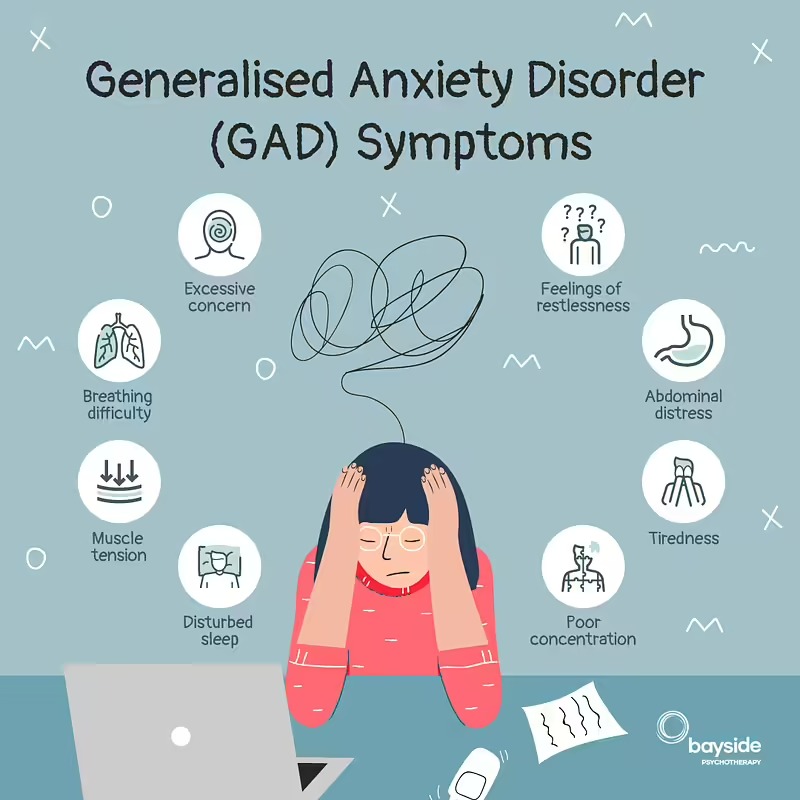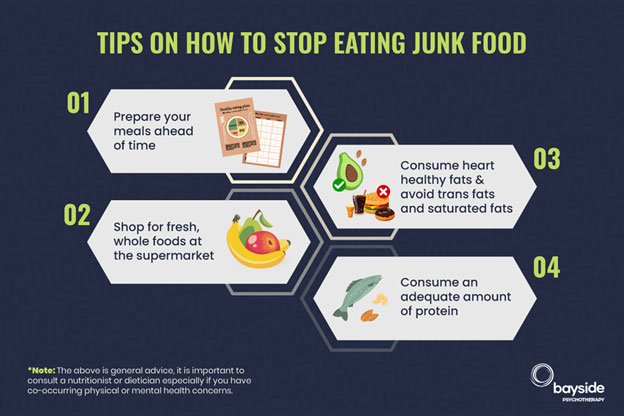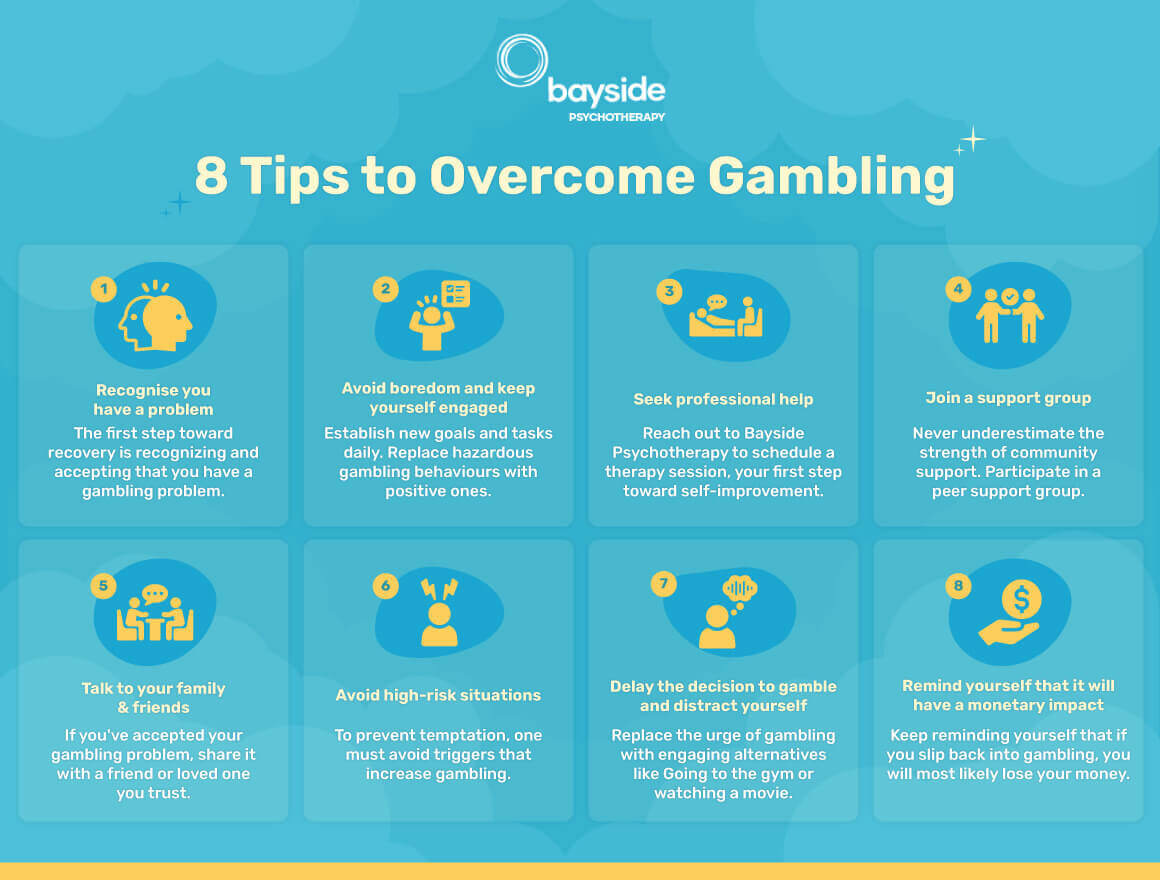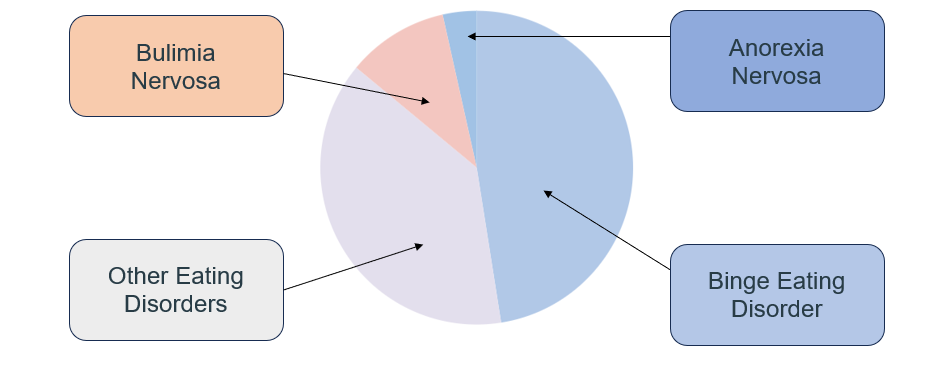Age differences in major depressive disorder symptoms

Major depressive disorder (MDD) is a mood disorder commonly noted by mental health clinicians. The DSM-IV TR diagnosis involves two weeks of either depressed mood or anhedonia and four symptoms concerning altered sleep, appetite, energy, weight and movement and disturbed thoughts involving guilt, worthlessness, indecisiveness and suicide (Butcher, Mineka & Hooley, 2007).
Current empirical evidence indicates MDD symptoms expressed in younger adults (YA’s) and older adults (OA’s) do overlap, but primarily each group expresses MDD differently. The presentation characteristic of YA’s closely reflects the DSM-IV diagnostic criteria, whereas the symptoms featuring in OA MDD perhaps more closely relate to a sub-syndromal form of DSM-IV depression.
While both YA and OA experience anhedonia (emotional numbness) or sadness, symptoms pivotal to MDD, YA report them more readily. Balsis and Cully (2008) noted anhedonia was significantly more prominent in YA’s than OA’s and Bogner and Gallo (2004) found anhedonia the most commonly reported MDD symptom in YA’s. Goldberg et al. (2002) observed YA’s endorsed more sadness-related symptoms (crying) than OA’s, while Heun, Kockler and Papassotiropouls (2000) found anhedonia and sadness featured prominently in depressed YA’s. However, the presence of depressed mood has been observed in OA’s with MDD as well (Kockler & Heun, 2002; McCusker et al., 2005). The greater prevalence of sadness and anhedonia in YAs compared to OAs suggests younger individuals are more comfortable discussing psychological symptoms, and differences in MDD’s presentation across the two age groups.
Younger adults also appear to experience cognitive/affective symptoms encompassing failure, self-loathing and self-criticism (Goldberg et al., 2002), worthlessness, guilt and suicidal thoughts (Balsis & Cully, 2008; Goldberg et al). Both Goldberg et al. and Bogner and Gallo (2004) noted YAs endorsed somatic symptoms during MDD such as disturbed sleep and appetite habits.
Contrasting YAs, OAs experience of MDD tends to manifest somatically. Evers and Marin (2002) noted OA’s with MDD less frequently report classic symptoms of sadness, poor self-esteem and self-loathing. Rather, OA MDD tends to involve loss of interest and somatic symptoms concerning altered appetite, sleep and weight patterns. OAs endorsed significantly fewer DSM-IV MDD symptoms than YA’s (Balsis & Cully, 2008). Somatic disturbances including changed weight, appetite, energy and sleep has been observed in community (Kockler & Heun, 2002; Balsis & Cully) and medical inpatient (McCusker et al., 2005) populations. While suicidal ideation is rarer in OA MDD, suicide attempts seem more lethal in this population (Van Exel, Stek, Deeg & Beekman, 2000). The predominantly somatic manifestation of MDD in OA creates diagnostic difficulties, as the features may reflect or be mistakenly attributed to alternative illnesses.
References
Butcher, J.N., Mineka, S., & Hooley, J.M. (2007). Abnormal Psychopathology (14th ed.). Boston, MA USA; Allyn & Bacon
Balsis, S., & Cully, J.A. (2008). Comparing depression diagnostic symptoms across younger and older adults. Aging & Mental Health, 12, 800 – 806.
Bogner, H.R., & Gallo, J.J. (2004). Are higher rates of depression in women accounted for by differential symptom reporting? Social Psychiatry Epidemiology, 39, 126-132.
Evers, M.M., & Marin, D.B. (2002). Effective management of major depression in the geriatric patient. Geriatrics, 57, 36-40
Goldberg, J.H., Breckenridge, J.N., & Sheikh, J.I. (2002) Age differences in depression and anxiety: examining behavioural medical outpatients. Journal of Behavioural Medicine, 26, 119-132.
Heun, R., Kockler, M., & Papassotiropulos, A. (2000). Distinction of early and late onset depression in the elderly by their lifetime symptomatology. International Journal of Geriatric Psychiatry, 15, 1138-1142.
Kockler, M., & Heun, R. (2002). Gender differences of depressive symptoms in depressed and nondepressed elderly persons. International Journal of Geriatric Psychiatry, 17, 65-72
McCusker, J., Cole, M., Dufouil, C., Dendukuri, N., Latimer, E., Windholz, S., & Elie, M. (2005). The prevalence and correlates of major and minor depression in older medical inpatients. Journal of the American Geriatric Society, 53, 1344-1353.
Van Exel, E. Stek, M.L., Deeg, D.J.H, & Beekman, A.T. (2000). The implication of selection bias in clinical studies of late life depression: An empirical approach. International Journal of Geriatric Psychiatry, 15, 488-492.
Here are a couple of blogs written on this topic you might find useful:
Choosing the right therapist: The 5 mo...
Choosing the right therapist can be difficult. Different problems and diff.
Creating Healthier Workspaces: How str...
Employee mental health is pivotal to overall workplace wellbeing, impacting individual performance, job satisfaction, and organ.
From High Stakes to Healing: 8 Tips To...
Gambling activities have become more accessible and convenient due to the proliferation of casinos and the rapid growth of online gambling platforms. Mo.
An Examination of Bulimia Nervosa Amon...
Bulimia nervosa is a serious eating disorder that can significantly impact an individual's physical and psychological health. Characterised by recurrent.











